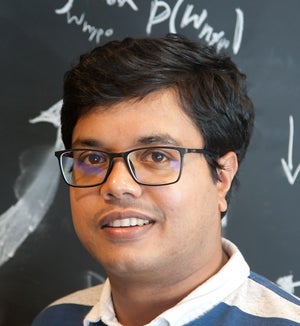PhD Seminar • Data Systems — Distributed Dependency Discovery
Hemant Saxena, PhD candidate
David R. Cheriton School of Computer Science
We address the problem of discovering dependencies from distributed big data. Existing (non-distributed) algorithms focus on minimizing computation by pruning the search space of possible dependencies. However, distributed algorithms must also optimize data communication costs, especially in current shared-nothing settings.
